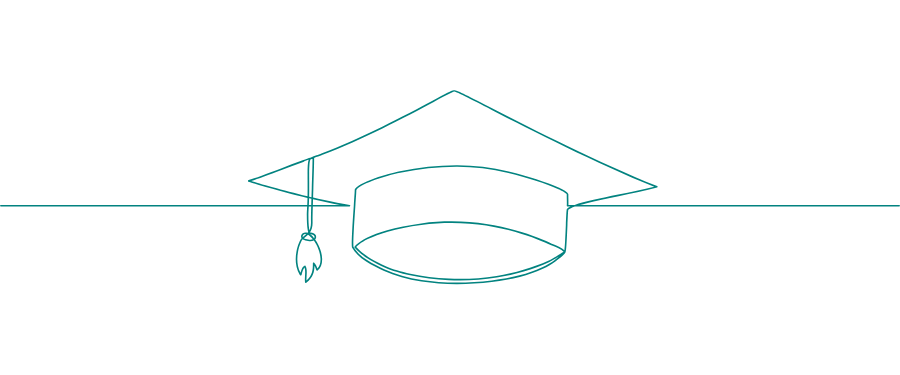
Understanding your treatment path, the goals at each stage, and how your liver function affects choices is key to informed decisions and improved outcomes.
Initial (Locoregional or Systemic) Therapy
First phase of treatment aimed at controlling the tumor and preventing spread.
Adjuvant Therapy
Treatment given after the primary treatment to lower the risk of cancer recurrence.
Maintenance Therapy
Ongoing treatment or monitoring given after initial therapy to help prevent recurrence or detect early signs of the cancer returning. This may involve regular imaging, blood tests (such as AFP levels), and continued therapy in select cases.
- Surveillance: Closely monitoring your condition, but not giving any treatment. This may involve regular imaging and blood tests.
- Surgery: Operation to remove the liver cancer and a small portion of healthy liver tissue that surrounds it.
- Liver Transplant: Operations where your diseased liver is removed and replaced with a healthy liver from a donor.
- Ablation: A medical procedure that removes or destroys abnormal tissue. Types of ablation include:
- Radiofrequency Ablation: uses electric current to heat and destroy cancer cells.
- Microwave therapy: High temperatures created by microwaves are used to damage and kill cancer cells or make them more sensitive to the effects of radiation and medication.
- Percutaneous ethanol injection: Ethanol (pure alcohol) is injected directly into a tumor to kill cancer cells.
- Cryoablation: Uses extreme cold to destroy cancer cells.
- Electroporation therapy: Electrical pulses are sent through an electrode placed in a tumor to kill cancer cells.
- Embolization: Blocks the blood supply to a tumor by injecting particles into the blood vessels that feed it.
- Chemotherapy: Uses drugs to kill rapidly growing cells, including cancer cells.
- Targeted Therapy: Targets proteins that control how cancer cells grow, divide, and spread.
- Immunotherapy: Utilizes the body’s own immune system to fight cancer cells.
- Radiation: Uses high-powered energy from sources such as X-rays and protons to destroy cancer cells and shrink tumors.
- Clinical Trials: Participation may offer access to novel therapies not yet widely available.
- Can the tumor be surgically removed or ablated?
- Is a liver transplant an option for me?
- What is the goal of this treatment—cure, control, or symptom relief?
- What is the best treatment option based on my stage and liver health?
- If the cancer is not curable, how can we extend survival and maintain quality of life?
- What are the chances of recurrence and how will we monitor for it?
Debunks myths about clinical trials and provides patients with knowledge and confidence to feel well-informed when discussing treatment options with their healthcare team
Topics:
- The Basics: Understanding Clinical Trial Research
- Understanding Common Misconceptions
- Clinical Trial Safety
- Clinical Trials 101 Resource Guides
What You Need to Know Before Choosing a Cancer Treatment
Advocacy program focusing on culturally competent whole-person healthcare, treating the whole-patient in tandem with existing care.



